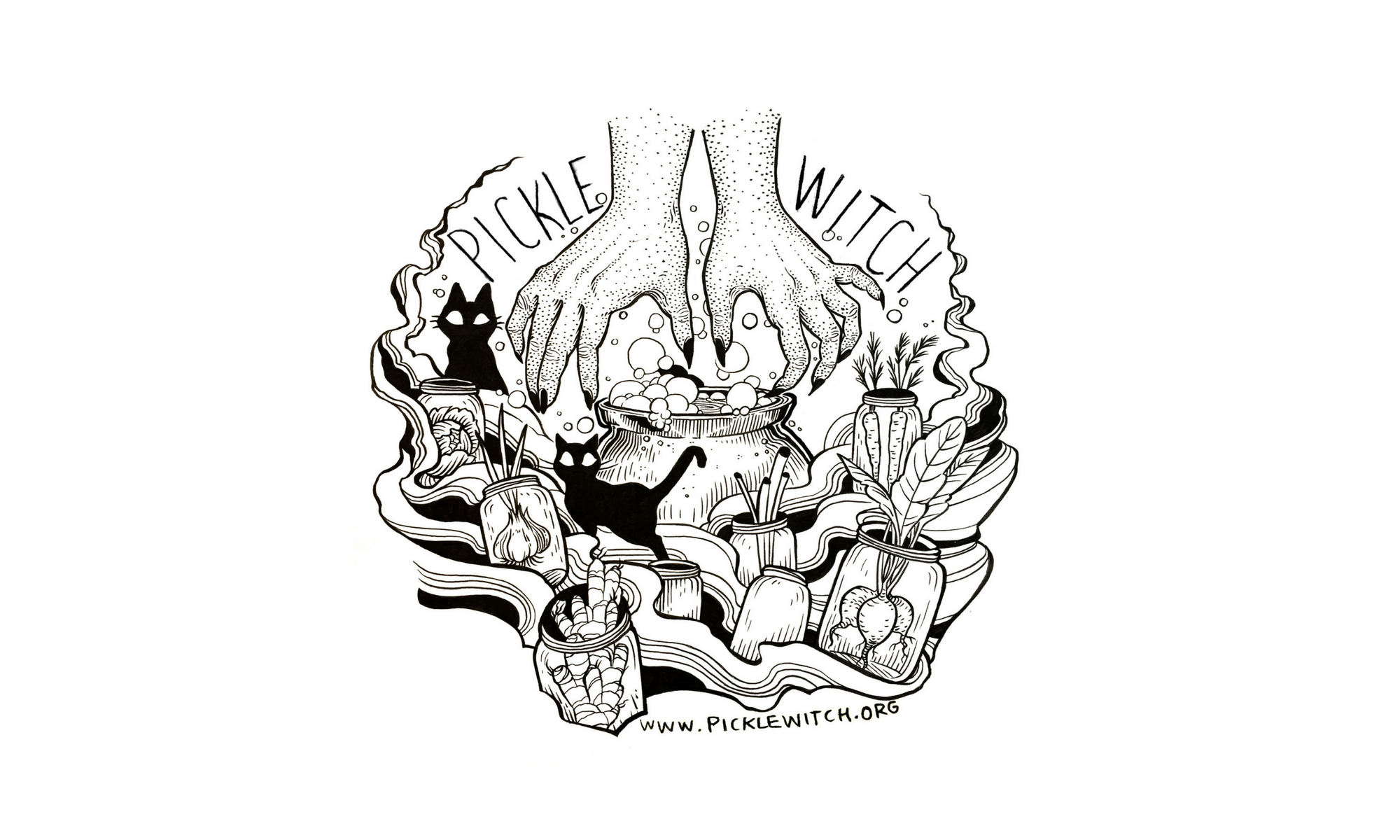“These products are homemade and not subject to state inspection.”
You’ve probably seen this required text on my products and on this website. I am required to make this statement visible if I’m going to sell pickles, under the Cottage Food Laws in Minnesota. This post should provide some additional information about Cottage Food Laws in Minnesota.
What are cottage food laws?
These laws allow individuals to produce and sell certain “nonhazardous” food items made in their own home kitchens, and sell directly to individuals at Farmers Markets, online, or from their homes.
Cottage Food Law in Minnesota has changed sections of current legislation under MS 28A.15, specifically, subdivisions 9 and 10. This new law affects all persons selling food formally under 28A.15 subdivisions 9 and 10, and persons starting business on or after July 1, 2015. (See the Resources section for the statute.)
- Cottage Food Law only applies to individuals, not businesses
- Cottage food producers are required to register with the Minnesota Department of Agriculture (MDA)
- Cottage food producers are required to take a food safety course once every three years
- Cottage food producers are required to register with MDA each year
- Only applies to preparing and selling only NON-potentially hazardous food (list in Resources section) with an equillibrium pH of 4.6 or lower
- Food labels include name, address, date produced, and the ingredients, including potential allergens (Eggs, milk, wheat, tree nuts, peanuts, soy ingredients, fish, shellfish)
- “These products are homemade and not subject to state inspection.” Must be posted wherever sold
- Sell and deliver food directly to the ultimate consumer
- Sell from a private home, at farmer’s markets, community events, or on the Internet
- Sell less than $18,000 in a calendar year (If you sell between $5,000 and $18,000 dollars per year a $50 fee applies to your registration)
Resources
Start here! The MN Agriculture Department’s FAQ for our local cottage food laws. Register as a Cottage Food Operation (CFO) here.
Minnesota Farmers Market Association has a thorough fact sheet that has more detail than the FAQ above. Their Cottage Food Law page contains a lot of resources, like this list of foods that are included in the Cottage Food laws.
Minnesota Department of Revenue (MDOR) has fact sheets available to determine what is taxable. See, “Food and Food Ingredients 102A.”
University of Minnesota provides trainings for CFOs. If you sell less than $5k a year, you can watch this video or read these slides to fulfill your training requirement. If you sell between $5k-$18k, you are required to attend an in-person training. You only have to do trainings every three years, even though you must register with the Deparment of Agriculture every year.
Forrager.com is not MN specific, but is a great resource.
This is the MN cottage food law language.
